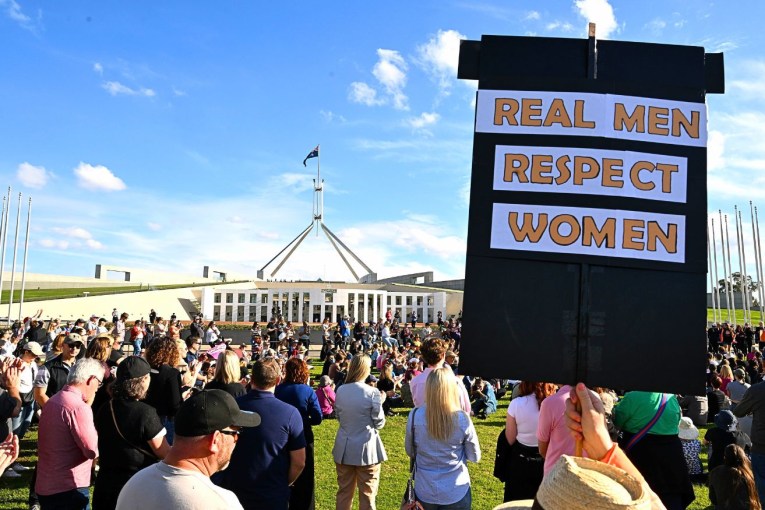Job seekers to be ‘pushed into poverty’ under revamped unemployment scheme


Hundreds of thousands of Australians may be plunged into poverty, the Australia Institute warns.
Hundreds of thousands of Australians will be pushed into poverty as a result of the federal government’s new JobSeeker rate, an economic think tank has warned.
On Tuesday, the government announced the coronavirus income supplement of $550 a fortnight will be cut by $300 in September, reducing incomes for people on JobSeeker to $407.50 a week.
The poverty line for a single adult in Australia is $457 a week.
Announcing the decision, Prime Minister Scott Morrison said if JobSeekers don’t take jobs, they’ll risk losing their payments.
“If there is a job to be taken and a job that is being offered, then it is an obligation, a mutual obligation, for those who are on JobSeeker to take those jobs where they’re on offer,” Mr Morrison said.

Treasurer Josh Frydenberg and the Pm announced the changes on Tuesday. Photo: AAP
The Australia Institute says the decision will lead to hundreds of thousands of people being pushed into poverty.
“We modelled a couple of scenarios,” senior economist Matt Grudnoff told The New Daily.
If the JobSeeker rate was cut to the old Newstart levels, an extra 650,000 Australians would be pushed into poverty, he said.
The Australia Institute research suggests if the government removed the supplement but increased the previous JobSeeker rate by $75 per week, there would be another half a million people in extreme hardship.
The think tank estimates an extra 100,000 people will be pushed into poverty under the JobSeeker scheme announced on Tuesday.
“It’s crazy. It’s going to reduce their payments by about $300 a fortnight, which when you’re on low income is a huge amount of money,” Mr Grudnoff said.
“They’ve become unemployed because of the recession. They’ve gone from earning an income on to these JobSeeker payments. Now they’ll get them further cut.”
Last week, the official unemployment rate rose to a two-decade high, reaching 7.4 per cent in June.
Meanwhile, there are many more applications per job advertisement according to SEEK data when compared to the pre-coronavirus era.
Administration and office support (up 42 per cent), information and communication technology (up 38 per cent), accounting, sales (up 24 per cent), and construction (up 12 per cent) jobs had the biggest jumps.

Australians line up for JobSeeker. Photo: AAP
Homelessness Australia chair Jenny Smith said people are now at risk of living rough.
“The median rent for a one-bedroom property in Sydney is $450 a week, leaving people with only $4 a day, or $28 a week, for other expenses,” she said.
“In Melbourne, rent for a one-bedroom property is $370 a week, leaving people with only $15 a day, or $108 a week after rent, for other expenses.
“Many people on JobSeeker and other payments will not be able to afford these rents, and will become homeless, or be forced to double and triple up in overcrowded housing.”
Redfern woman Libby, who did not want her last name to be used, had a communications job that paid $80,000 before the pandemic.
She lost the position and has been looking for work for months.
She won’t be able to afford her home if she doesn’t find a job by September, she said.
“I’m applying for jobs out of my industry. Telemarketing, sales jobs, customer services, I just want an income,” she said.
“I was on $80,000. So dropping to $550 a week, that was already tough. Dropping further, I can’t make rent. I can’t make it at all.”
Melbourne person Nikita, who identifies as non-binary, said they went on SEEK straight after the Prime Minister’s announcement.
“I was just looking on SEEK, but there was nothing. For instance, I put working from home and there was just three jobs Australia wide for customer service,” they said.
“If I don’t get a job I’ll be spending 53 per cent of my wage support on housing.”
Australian Unemployed Workers Union campaigner Kristin O’Connell said the notion that anyone was turning down a job right now was “a lie”.
“It’s never been true that people on JobSeeker payments turn down work because they lose their payments,” she said.
“It’s an outright lie to suggest people are turning down suitable work.”








